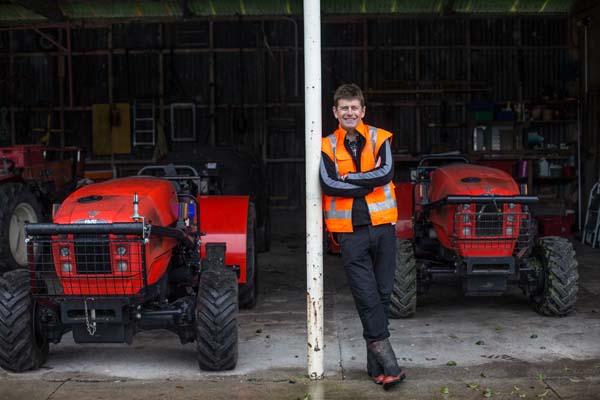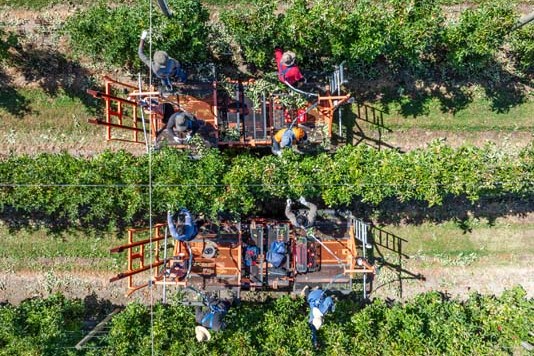Pāmu farming through the gap
Pāmu wants to be seen to be a leader in eliminating gender and other pay gaps. Sheryl Haitana reports.
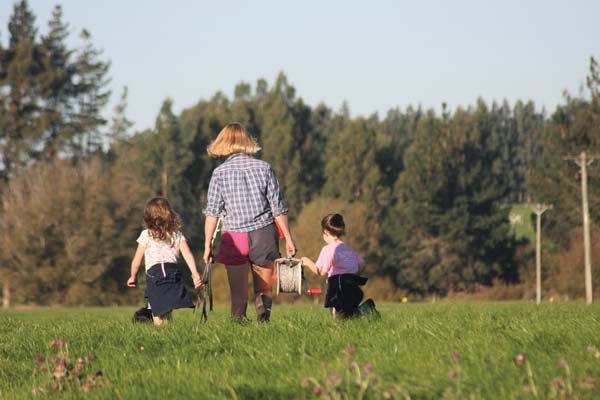
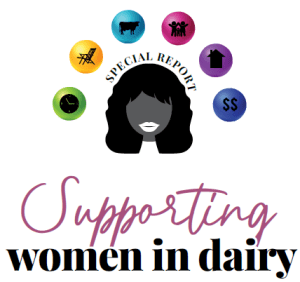 Pāmu is working to reduce its gender pay gap, with fairer remuneration and building internal development programmes to get women into higher leadership roles, while providing more support around parental care leave to retain women.
Pāmu is working to reduce its gender pay gap, with fairer remuneration and building internal development programmes to get women into higher leadership roles, while providing more support around parental care leave to retain women.
The number of female staff at Pāmu has been growing over the last few years, yet when women were leaving to start a family, they were typically not returning, chief people, safety and reputation officer for Pāmu, Bernadette Kelly says.
In response, Pāmu changed its parental care leave policy two years ago to focus on supporting those women to return to work and ensuring they weren’t penalised financially during their leave.
Pāmu now tops up paid parental care leave to 80% of the person’s salary for the 26-week paid period.
Staff are also offered the option to stay in the farm accommodation during their parental care leave, which Bernadette acknowledges is an easier perk for Pāmu to offer.
“If you take parental care leave you can stay in the farm accommodation, and we meet the cost of the housing for that period so they can stay in that house with their family.
“That encourages them to return to work rather than if they had to get out of that house and then we are trying to get them back on the farm. It’s obvious when you think about it.
“We are lucky we are a big farmer and we have some spare houses. We have farms that are contiguous with other farms, so we understand all our advantages. “If we can’t do it at Pāmu, then nobody can do it. We have to be seen as a leader.”
Pāmu’s support starts during pregnancy, with paid leave for pregnancy medical appointments.
“We allow them to take paid special leave for pregnancy-related matters, such as time for going for scans.
“We find they usually try to make those appointments at the start or end of the day so they can still help out on the farm.”
Staff work out between them in their teams how best to share the jobs to accommodate people’s different strengths and needs, including pregnancy, Bernadette says.
Parental care leave perks
Pāmu gets the employee involved in deciding who is going to step up and take over their role during their parental care leave, so the employee can coach and support their replacement.
Employees are encouraged to come back for ‘keeping in touch days’, where they can get up to 64 hours of paid work (eight days) during the parental care leave period.
“People use them to come back for meetings or strategy days, and they can bring the baby.”
On returning to work, annual leave is paid based on the hourly rate prior to going on parental care leave, rather than the Holiday Act which pays on the average hourly rate in the 12 months prior to the annual leave being taken.
“Otherwise, when they do come back, their annual leave is devalued.”
Employees also get an annual salary review even while they are on parental care leave.
“To me the salary increase while on parental care leave is a no-brainer. Otherwise they would be a year behind and it wouldn’t help our gender pay gap.”
People can argue that these employees haven’t been at work so they don’t deserve the salary increase, but in that year the cost of living has gone up and the market has changed, Bernadette says.
“We are also paying for performance and knowledge, not tenure.”
If an employee takes parental care leave, Pāmu offers them coaching when they return to work. The coaching is designed to help them reintegrate into the workforce while juggling family life.
Part-time work provision
Pāmu then does everything it can to accommodate mothers or fathers coming back to work from parental care leave who can only work part-time. Flexible working hours would have to be one of the biggest challenges for women returning to work on farms, Bernadette says.
“We recognise the importance of you coming back to work, and we will do everything we can to enable you to do part-time work.
“We’ve been working with our farm managers to facilitate that, asking them what they would need to happen to make it work, to enable them to offer this person part-time work.”
Again, Pāmu has the advantage of being a large employer and more ability to offer casual positions, she says.
Some of these options are harder for smaller farm employers to consider offering, but it’s always good to factor in the value of a good farm worker and the cost of recruitnent to replace that worker, Bernadette says.
“As a farm employer, you also have to think about your team culture, engagement and your social responsibility.
“Supporting women through parental care leave is investing in your good staff so they can returnto work.”
If they leave, you are starting from scratch again, so is it better to invest in keeping them and beyond that, is it the right thing to do?
“It’s fronting into it and having those conversations, and not shying away from it.
“I spend a lot of time talking to our farmers about being treated fairly, not equally. I ask people how they would want their daughters to be treated in the world.
“We teach our daughters they can do anything, but are we supporting them enough to be able to do it?”
Since making these changes, Pāmu has seen a marked increase in the number of females returning to work. Prior to these changes, only one in the past four years had returned.
In the past year seven out of eight women returned after six months, however, two found the work/family juggle too difficult and resigned.
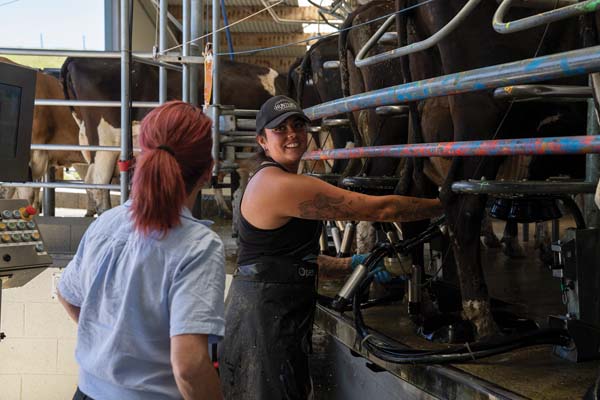
Addressing pay equity
Pāmu employs about 680-700 permanent employees and another 200-300 on fixed terms to cover busy times onfarm.
The percentage of female employees at Pāmu has grown to 26.1%. That does not include the board, which has five females to four males.
Pāmu’s gender pay gap this year was +2.6%, last year it was -1.4% and was +4.1% in FY21.
“We think we’ve hit a sweet spot, between that -3% to +3%. It changes each year depending on the number of women employed and what roles they are in,” Bernadette says.
The gender pay gap is worked out on the median salary from the top salary to the bottom.
“The board has said to us in previous years that it was not good enough. We talk about it a lot now. We have our eyes on it every year.
“We are on the Mind the Gap (NZ’s first pay gap registry).”
Pāmu has looked at the gender pay gap in two ways; First, by assuring it was paying the same money to people doing the same or comparable work (pay equity).
“We haven’t had any issues with that for a while. Pre-2021 it was worse. But we have done some things to improve it.” Pāmu ran all comparable roles and looked at pay and in some cases noticed some differences and did catch up payments.
Research shows women don’t ask for as much money when they accept a job, which was one of the issues that had been happening, Bernadette says.
“It wasn’t a deliberate discrimination. We now have centralised setting of salaries. Farm managers who are recruiting have to talk to someone in our People team to check the salary offer. “If we were still employing people at different rates then every year we are going to have a problem with our gender pay gap. We had to fix that issue and stop the issue from happening going forward.
“We have had a three-year push to resolve this and get it to a level where we feel more comfortable.”
The second part of the equation is the roles women have within the organisation.
“Where we have an issue is that our senior leadership roles in the farm operations space are all males.
“Below that we have women at every level on our farms. In other parts of our Pāmu team we have women in head of roles.”
Female leaders in both livestock and dairy teams are lacking, so Pāmu is working to grow them, Bernadette says.
Pāmu has its own internal leadership academy and programmes to upskill employees and has been deliberate about increasing the number of women in the business and then upskilling them into higher roles.
“We’ve got to get them in the door – to give them the opportunity to get to the starting line to put their hand up for positions.”
Some of the unconscious bias that may have existed in the past toward employing women onfarm seems to be dissipating, she says.
“Some of our farmers, when we couldn’t find staff and they were prepared to give anyone a go,
have found women are bloody good workers.”
The next pay gap Pāmu is looking at is ethnicity. The Māori pay gap was close to 20%, it’s now down to 9.1%.
“It’s going in the right direction, it’s the same problem we have with our women. We don’t have enough Māori in senior roles.
“We will do more in the ethnicity space, for now, we have just looked at NZ European and Māori.”



